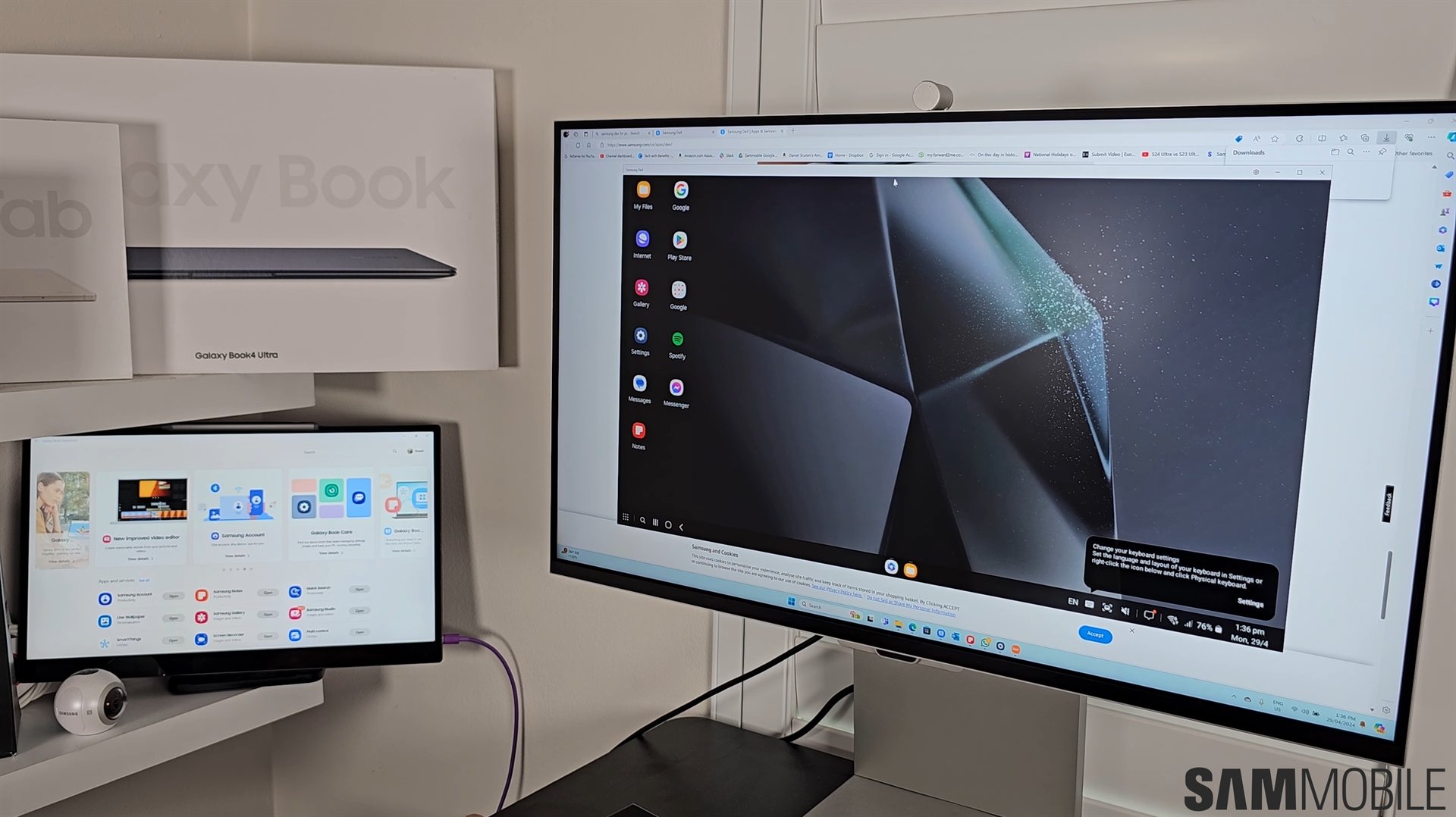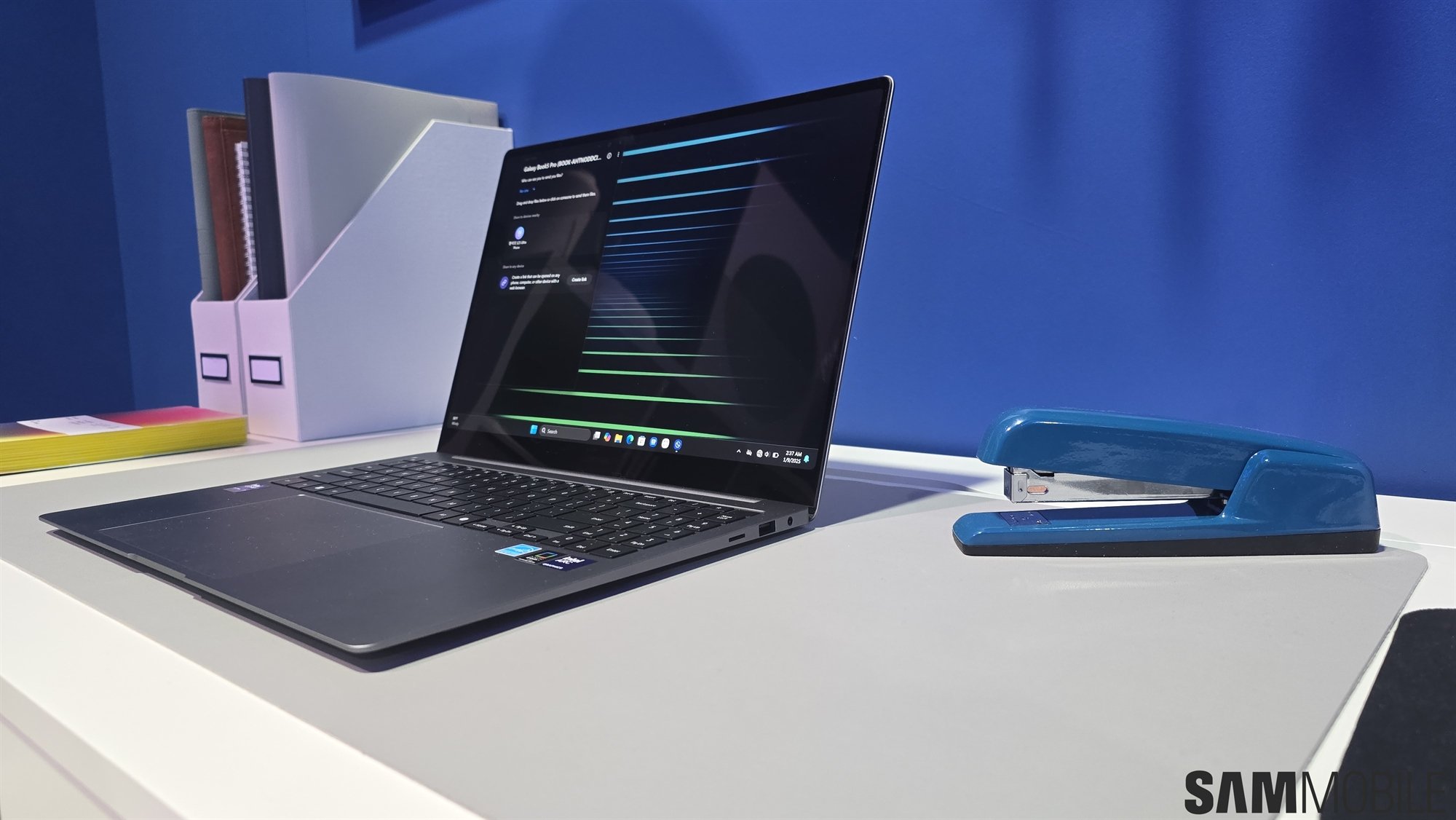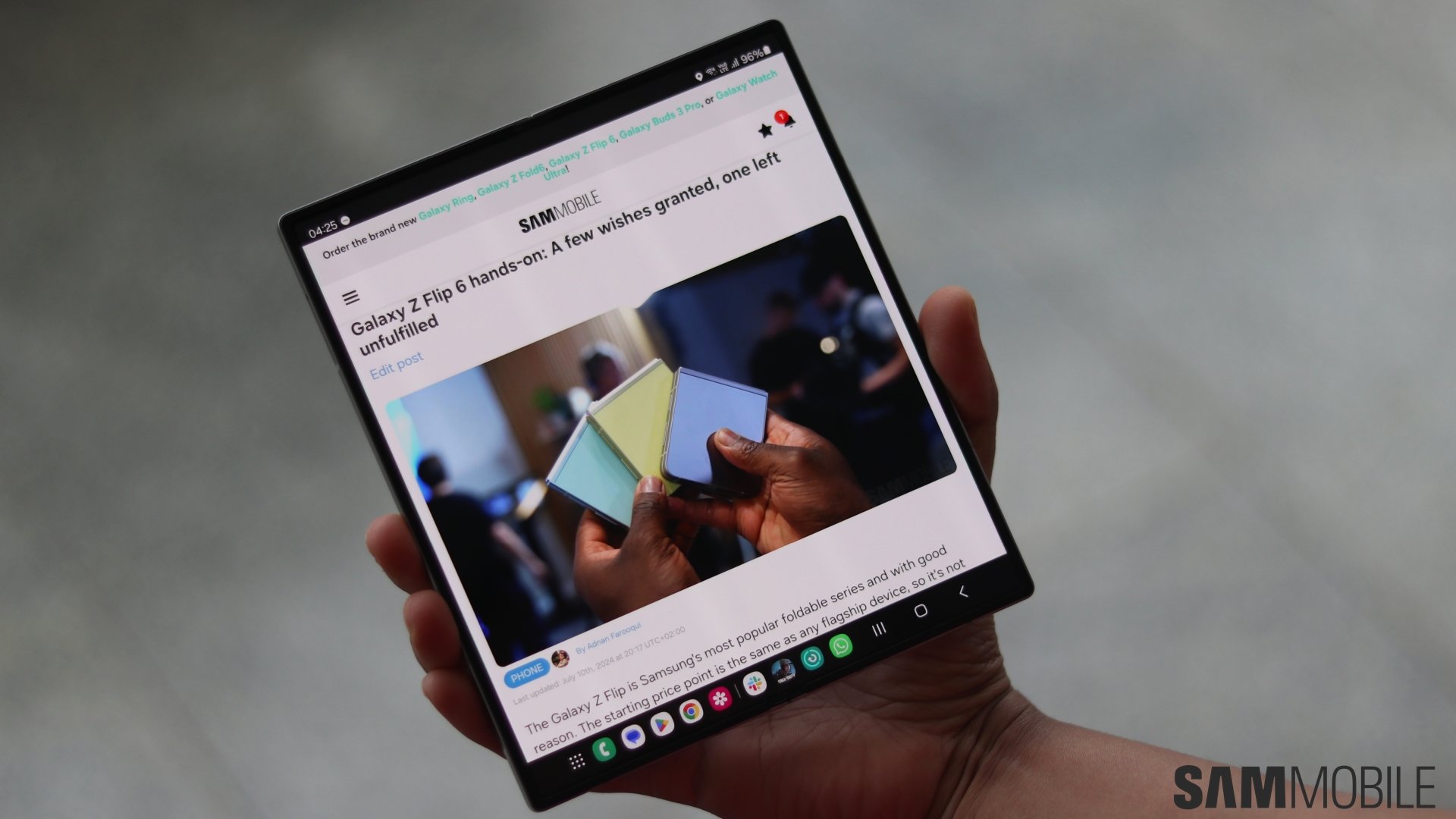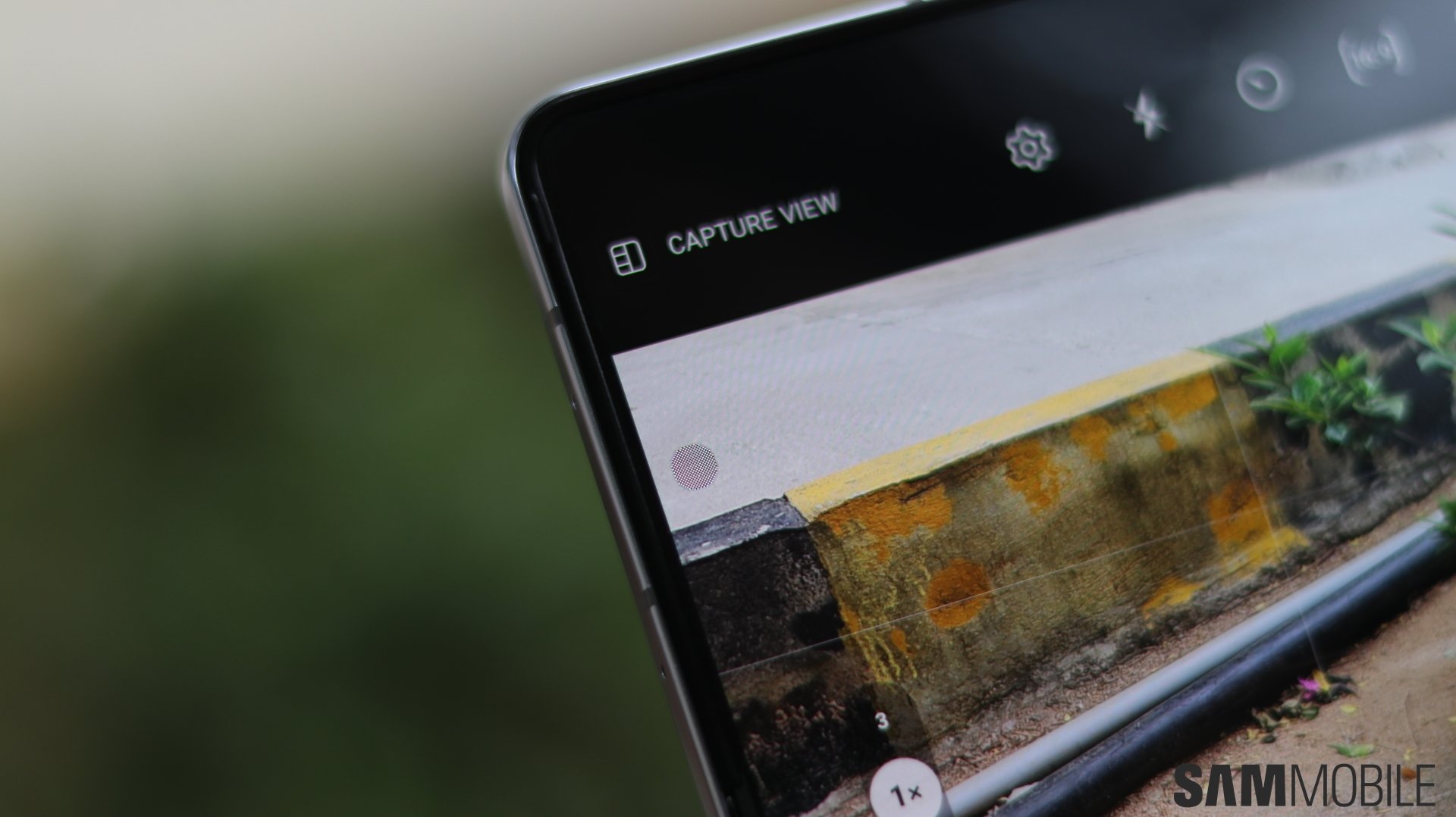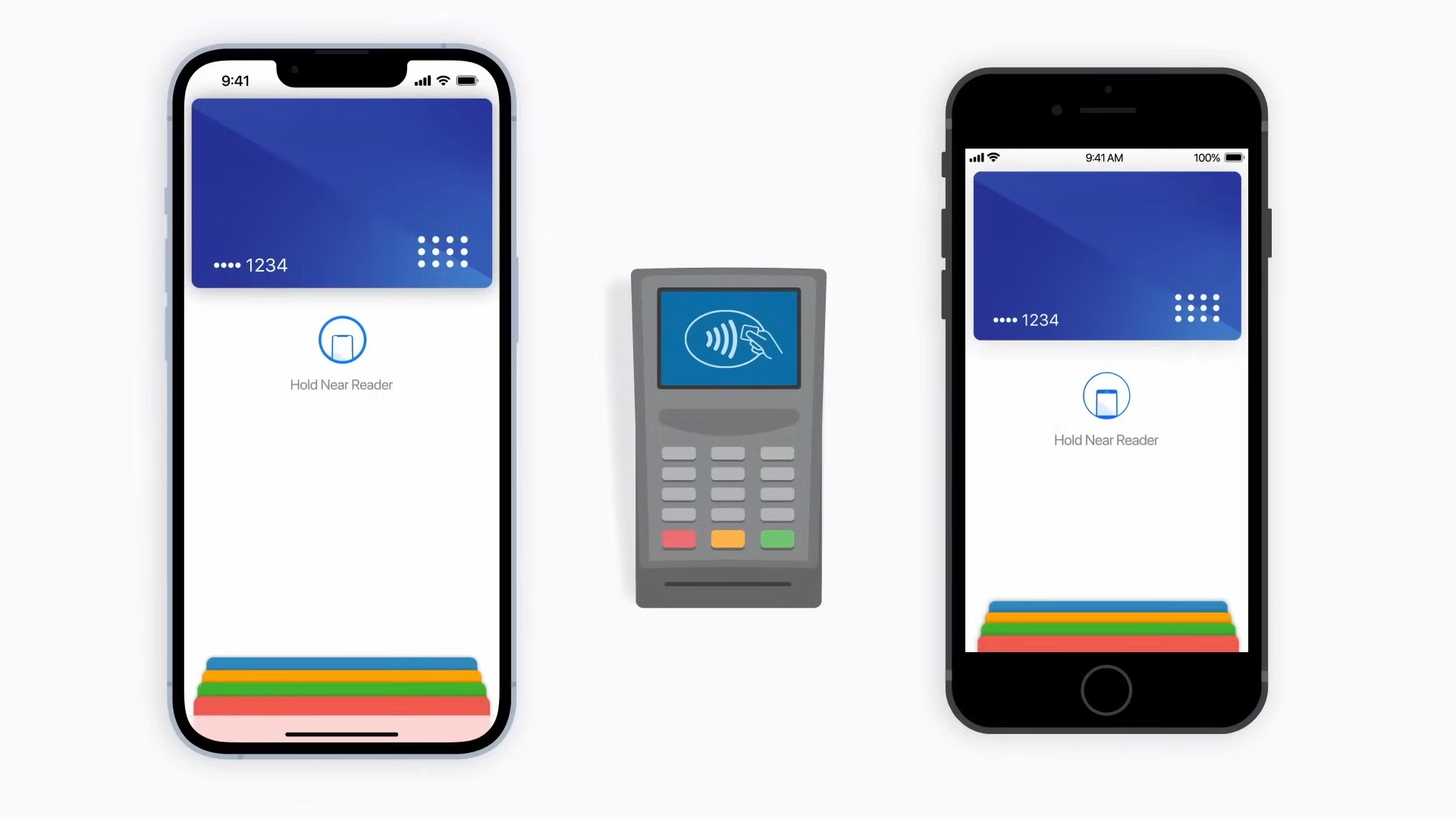
The Apple iPhone 6 and newer iPhone models feature NFC. However, Apple only allows Apple Pay and Apple Wallet to access it for offering digital wallet and payment services. The company doesn’t allow third-party applications to access NFC for offering those services. In 2020, the European Commission opened an investigation into the matter and found that Apple is violating laws in the region with this approach as it restricts competition. While the investigation is still going on, Apple has offered a few commitments to the regulator to solve the issue.
These commitments include Apple opening NFC in iPhone models equipped with the feature to third-party mobile wallets and payment service providers in the European Economic Area (EEA), allowing an Apple ID registered in the region to access NFC in applications offering those services in regions outside of the EEA, and allowing those apps to access Touch ID or Face ID for authentication purposes.
EC can fine Apple up to $38.3 billion
According to the European Commission, the commitments that Apple has offered will remain in force for ten years from the day they are implemented. The regulator says that If Apple fails to honor those commitments, it will fine up to 10% of the company’s worldwide turnover, which, in today’s date, would be around $38.3 billion. The European Commission is now inviting comments on Apple’s commitments.
In a statement to the Wall Street Journal, Apple said: “Through our ongoing discussions with the European Commission, we have offered commitments to provide third-party developers in the European Economic Area with an option that will enable their users to make NFC contactless payments from within their iOS apps, separate from Apple Pay and Apple Wallet.” That means third-party digital wallets and payment services, such as Google Pay, will soon be able to offer contactless payments on iPhones, and people will not be forced to use Apple’s services.














